Movie Review
Comedy and acting make Emma into a modern period costume piece
Just like with last year’s Little Women, Jane Austen’s Emma is one of those evergreen titles that has been adapted multiple times. Funnily enough, though, its two previous English-language film adaptations were only one year apart in the 1990s — the loose adaptation of Clueless in 1995 and a straightforward version starring Gwyneth Paltrow in 1996.
Now we get an Emma — or, if you go with the studio’s version of the title, Emma. — for a new generation. Anya Taylor-Joy stars as the titular Emma Woodhouse, a young woman living in the 1800s who fancies herself the consummate matchmaker. The only problem is that her skills are not as good as she thinks, an issue which is proven when she tries to find a match for her new friend, Harriet Smith (Mia Goth).
George Knightley (Johnny Flynn) tries to convince Emma that her machinations are more harmful than beneficial, but that doesn’t stop her from trying. All the while, Emma is almost blind to anyone who might have an interest in her, including Mr. Elton (Josh O’Connor), Frank Churchhill (Callum Turner), or Knightley himself.
Written by Eleanor Catton and directed by Autumn de Wilde, the film keeps its roots in the 19th century while also having a somewhat modern feel when it comes to gender politics. Emma is through-and-through her own woman, with no man holding her back or telling her what to do. That doesn’t mean that she’s entirely free from the societal constraints of the time — no woman appears to hold any kind of job — but she and other women in the film are the clear focus.
It’s the men, including her father (Bill Nighy), who don’t seem to have their acts together. Mr. Woodhouse is portrayed as a kind of foppish fool, with two equally ridiculous servants at his beck and call. Knightley is supposed to be the voice of reason, but he falls prey to the occasional lack of good judgment, as well. Each man’s lot in life is improved with the presence of a woman, so it’s the females who hold power, at least in the context of the story.
Despite the somewhat stodgy aristocratic world in which the film is set, it has a light, comedic tone that keeps things moving. That’s good because the ever-twisting relationships between various characters are tough to comprehend. That’s especially true of Emma herself, who seems to pine for almost every man her own age in the film at one point or another.
Taylor-Joy, with her wide, expressive eyes, has a unique look that has her much in demand in Hollywood these days. She gives her Emma a supreme confidence that serves the character well, but not so much as to be off-putting. Nighy, Flynn, and Goth prove to be worthy foils, each giving Taylor-Joy different emotions with which to play.
Emma is essentially a period costume piece, which can be a tough go for anyone used to modern fare. But the comedic elements and the performances of the main cast make for a fun experience, and show the continued timelessness of the material.

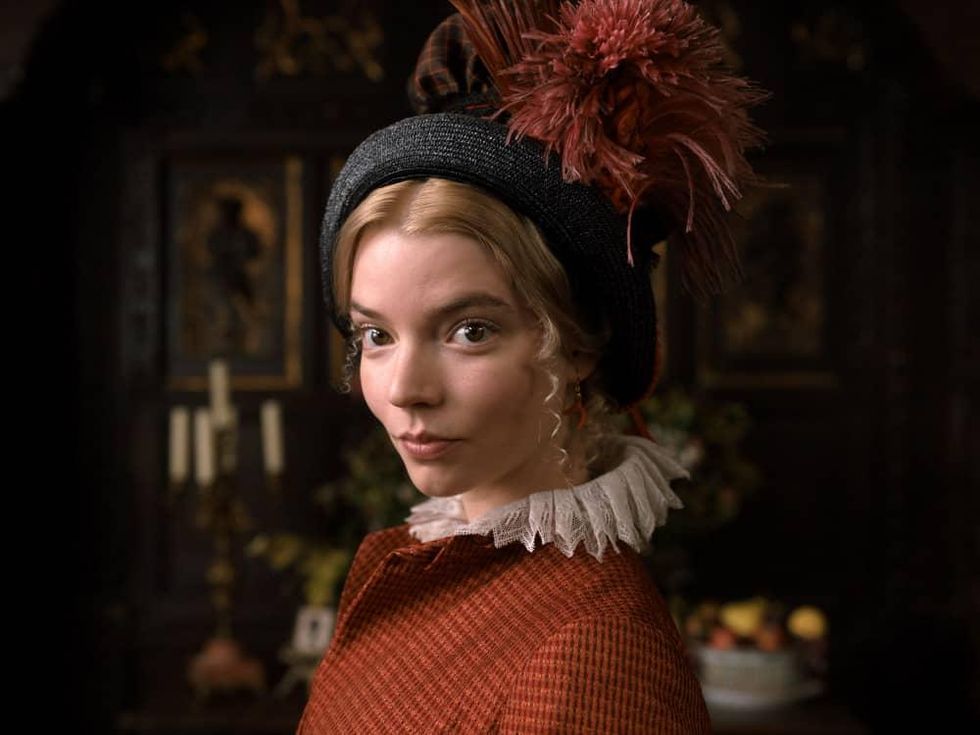
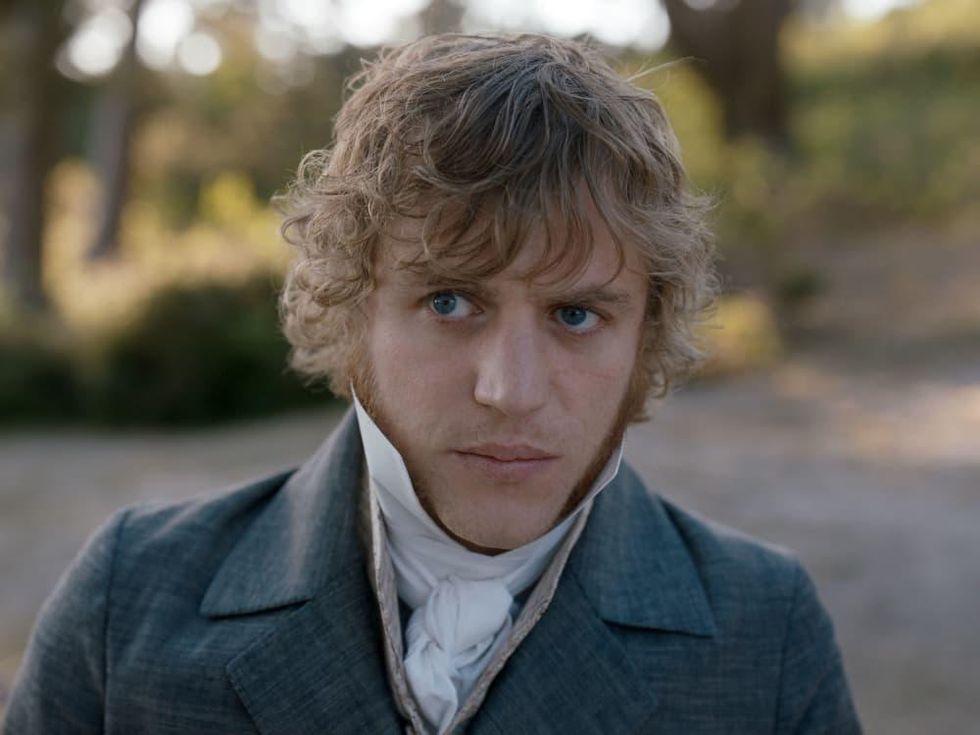
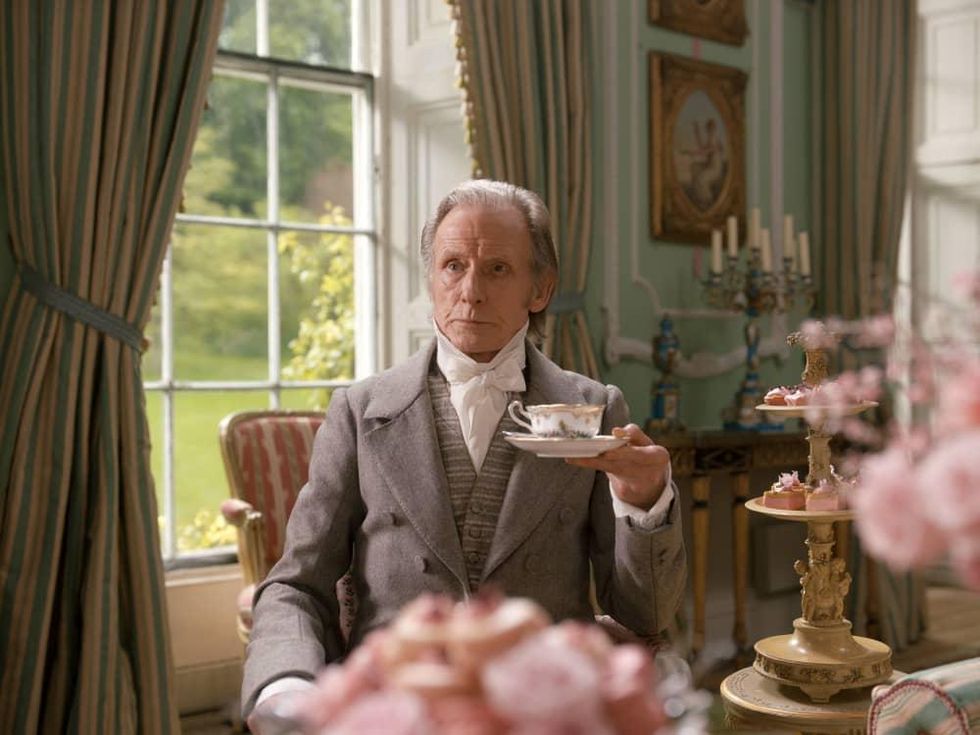

 Cowboys fans were out in full force.Photo by Ashley Gongora
Cowboys fans were out in full force.Photo by Ashley Gongora




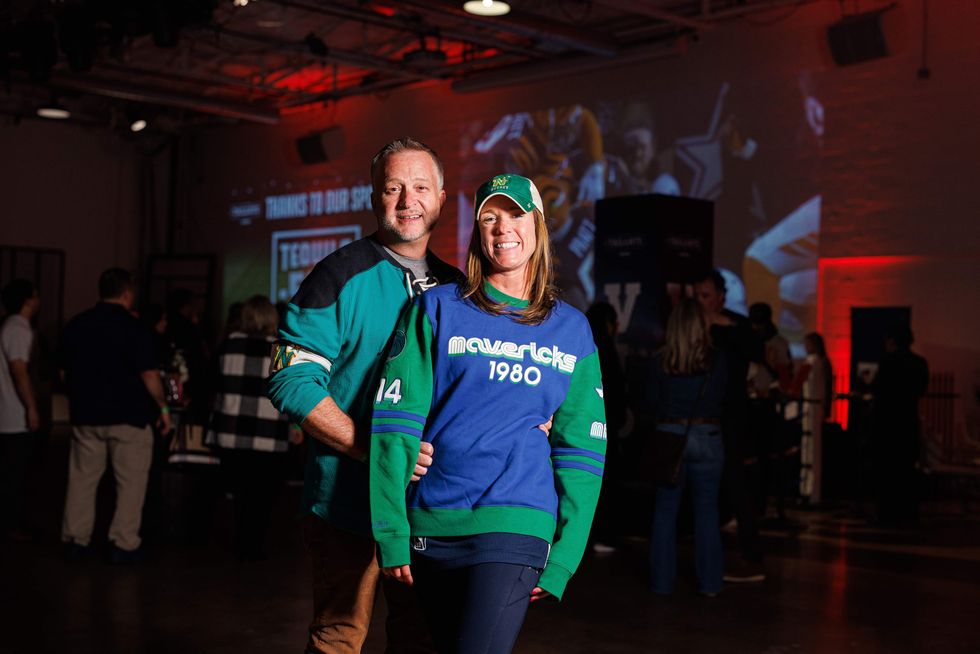



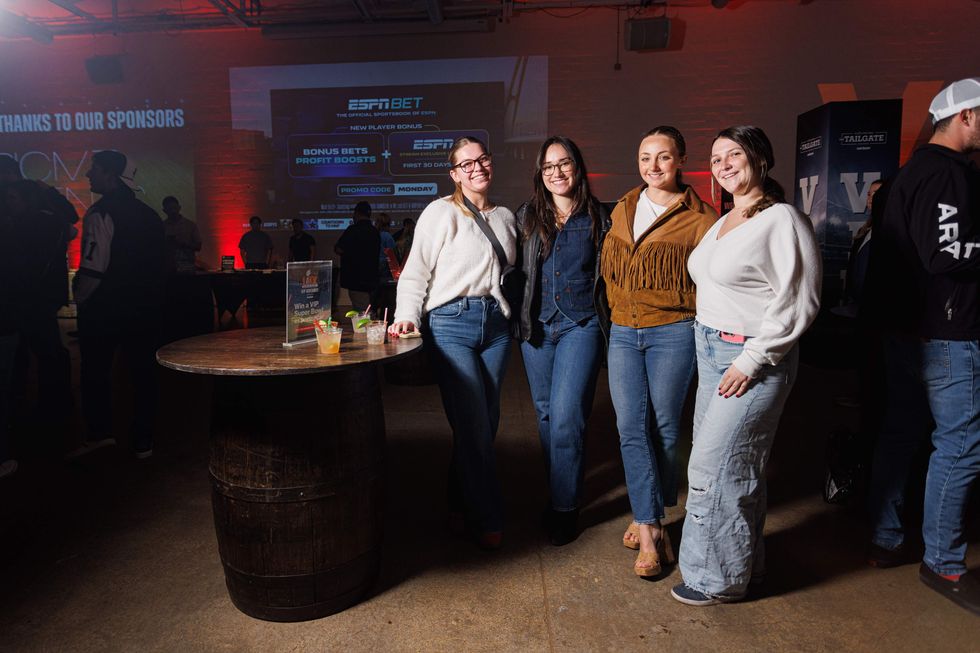


 Tailgating is all about the food.Photo by Ashley Gongora
Tailgating is all about the food.Photo by Ashley Gongora An array of beverages ensured guests had fun all night.Photo by Ashley Gongora
An array of beverages ensured guests had fun all night.Photo by Ashley Gongora Buffalo shrimp and blue cheese grits from McRae's American Bistro & Cocktails won the best dish of the night.Photo by Ashley Gongora
Buffalo shrimp and blue cheese grits from McRae's American Bistro & Cocktails won the best dish of the night.Photo by Ashley Gongora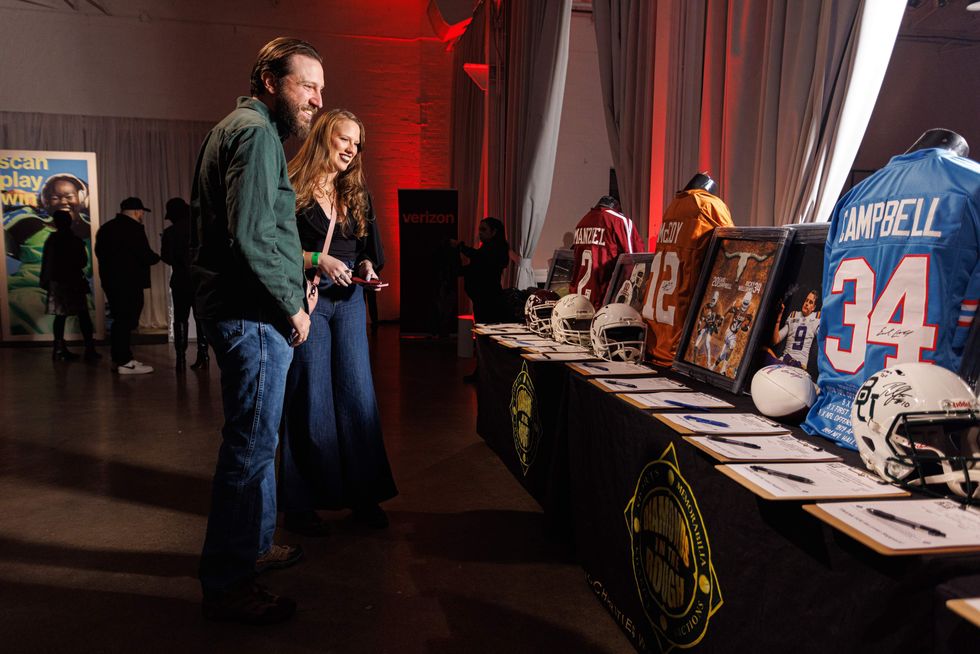 The silent auction inspired competitive bidding.Photo by Ashley Gongora
The silent auction inspired competitive bidding.Photo by Ashley Gongora